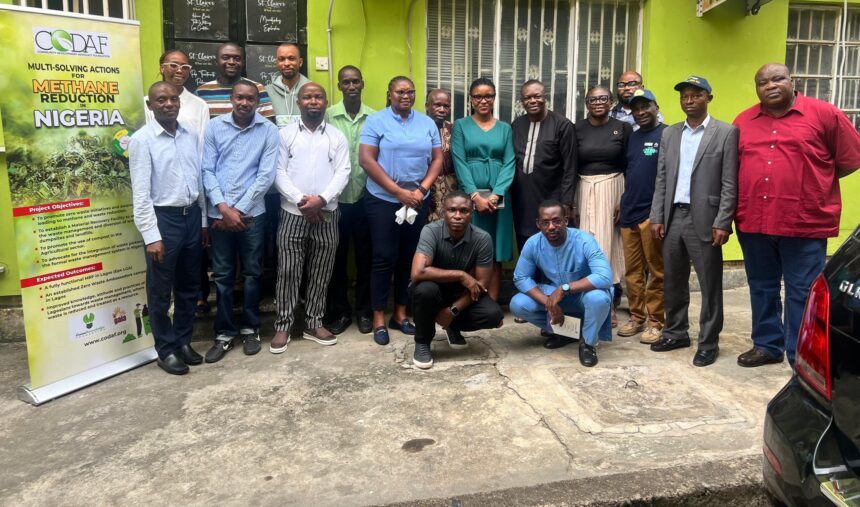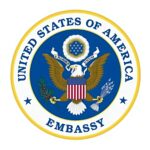The Community Development Advocacy Foundation (CODAF) has launched the Zero Waste Parliament in Lagos, as part of efforts to strengthen grassroots participation in waste management and reduce landfill dependency across the state.
The initiative was launched on Monday under the Multi-Solving Action for Methane Reduction in Nigeria (MAMRN) Project, which promotes community-led, zero-waste strategies aimed at reducing methane emissions and turning waste into economic opportunities.
The event brought together key stakeholders, including representatives from the Lagos Ministry of Agriculture, Ministry of Environment, the Lagos State Waste Management Authority (LAWMA), and the Lagos State Environmental Protection Agency (LASEPA). Participants discussed the urgent need to cut down waste volumes, emphasizing the shifting focus from disposal to reduction and reuse.
At the launch, Mr Friday Oku, representing the Association of Scraps and Waste Pickers of Lagos, was elected Speaker of the Parliament, while Ms. Victoria Aghaji was named Clerk. Their appointments reflect CODAF’s effort to include informal waste workers and community members at the grassroots in decision-making processes on environmental policy.
The launching of the Parliament follows CODAF’s earlier intervention in April, when the organization introduced the MAMRN Project to Epe residents. The effort included the presentation of a baseline report and plans for a Waste Materials Recovery Facility. The project was widely welcomed by community leaders who lauded its potential to generate employment and reduce pollution.
During the focal discussion on Monday, several challenges in Lagos’ current waste management system were identified. These included poor waste segregation, lack of recognition for waste collectors, inadequate investment, obsolete landfill structures, and weak institutional frameworks. Participants also pointed out a general lack of public awareness and advocacy around waste sorting and recycling.
Attention was also drawn to the growing market and health value of organic produce, with speakers noting that while it offers clear benefits, the transition poses threats to farmers who may be unprepared for the shift away from chemical fertilisers as they called for more advocacy and confidence building on the subject.
Proposed solutions included the revival of circular waste hotspots, implementation of the Blue Box initiative, which provides households with three bins for waste sorting—and improved data collection to support planning. Other recommendations involved increased advocacy in local languages, collaboration with Community Development Associations, youth education on zero waste, support for farmers, and expanded research on affordable composting.
Stakeholders stressed the importance of involving media, researchers, and the broader public to build momentum.
According to CODAF Project Manager, Ms. Melody Enyinnaya, the Zero Waste Parliament will serve as a continuing platform for monitoring, community engagement, and policy input as Lagos transitions toward a more sustainable waste economy.





